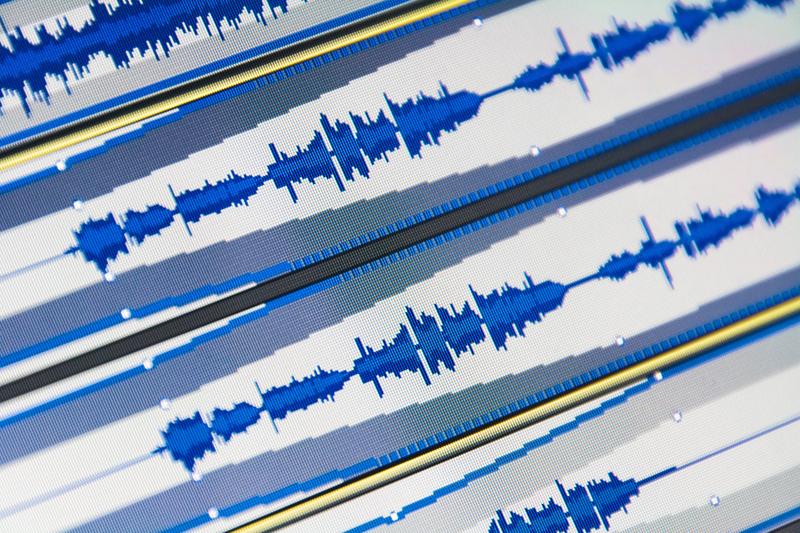Essential Tips on Getting a Music Sync Deal

Read Our Essential Tips on Getting a Music Sync Deal
Do your research online for music supervisors
If you’re looking to reach out to music supervisors, then make sure you do your online research and work out who are the best people to contact. There’s no point in sending out a blanket email with your details or messaging specific supervisors with tracks which won’t work for them.
Music supervisors are very busy and are unlikely to respond to a ‘cold’ email message. Instead, take some time to find the right people and think about the best ways to begin nurturing these kinds of relationships. Utilising the likes of IMDB can be a great place to start or go through the credits of the types of TV or films you want to work on.

Think about the most effective ways to share your music
As we’ve said, many music supervisors are very busy people and will not have enough time to go through and respond to everything that they receive. With this in mind, you need to make sure you target the right people with the right kind of music. The style of music you share must reflect what they are known to be interested in. If not, then it’s likely it will be deleted straight away.
And consider what you send
Always think about what you share with a music supervisor. This is a great chance to make a positive impression so ensure everything, whether it be the music or artist biography, is as good as it can be.
Try and send music which is already mastered but no more than five tracks. It’s unlikely that they will listen to all of this anyway but you don’t want to overwhelm a contact. Provide a brief introduction to you and your music and illustrate your sound by listing some artistic influences or acts you’ve been compared with. You should also include any copyright information so your music can be cleared for use quickly if necessary.
Keep networking
The sync world, like the music industry itself, is all about networking and the contacts you make. Many music supervisors will choose to work with artists they like and can rely on so once you’ve met someone, it always makes sense to keep them informed of your projects and any new music you release. You never know when they might be looking to get hold of some tracks to sync.
Have instrumentals of your tracks to hand
Always remember to record an instrumental version of a new song when you’re conducting a session. Often music supervisors will want a version without vocals if they want to use some of it to soundtrack a particular scene in a TV programme or work over the end credits – having one ready to go can be an effective way of getting your music synced quickly.

Be ready to work on something at short notice
Working in television and film is very fast paced and sometimes the turnaround time on a piece of work can be at very short notice.
This means you need to be good at prioritising your workload and working efficiently across numerous tasks so you hit deadlines. This can involve putting long hours in but it should be worth it – if you can prove you’re able to thrive within this pressured world, then you should get repeat work.
Have your digital presence in order
For any new musician or artist, a well-presented and up-to-date digital presence can be very important. You need to make sure all your social media profiles are active with content and working links. You should treat these platforms as your shop window so make sure it looks and feels good and reflects you. For many music supervisors, this will be their first port of call if they like your music so make sure it’s as impressive as you can make it.

Join the UK collecting societies
If you’re published or on a label they will sort this for you but if you own the rights yourself you would need to join directly.
This will cost you a small fee. However, for UK TV there are PRS/MCPS and PPL blanket agreements in place with BBC/TV CH4 and C5 and Sky so once you are a member, you will get royalties distributed every quarter.
Study Music Business Online With Elevate
On our Music Business for Artists online course you’ll learn how to create a website and market yourself on social media; record, produce and collaborate with others; and build an impressive portfolio – including an electronic press kit (EPK) for that perfect pitch. You’ll also learn about booking gigs, distributing music and earning royalties, picking up networking skills and building a fanbase along the way.
From the blog

Rockstars in Training: The Best Kids’ Electric Guitars for 2024

Redefining Your Riffs: How Electric Guitar Strings Shape Your Sound


